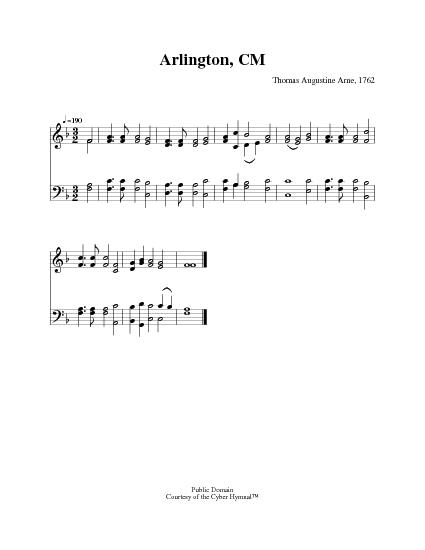Go Ad-Free
If you regularly use Hymnary.org, you might benefit from eliminating ads. Consider buying a Hymnary Pro subscription.
If you regularly use Hymnary.org, you might benefit from eliminating ads. Consider buying a Hymnary Pro subscription.

1 There is a book that all may read,
Which heavenly truth imparts;
And all the lore its scholars need,
And all the lore its scholars need,
Pure eyes and Christian hearts.
2 The works of God above, below,
Within us, and around,
Are pages in that book, to show
How God himself is found.
3 The glorious sky, embracing all,
Is like the Maker's love,
Wherewith encompassed, great and small,
In peace and order move.
4 The dew of heaven is like thy grace,
It steals in silence down;
But where it falls, the favored place
By richest fruits is known.
5 Thou who has given me eyes to see,
And love for what is fair,
Give me a heart to find out thee,
And read thee everywhere.
Source: The Seventh-Day Adventist Hymn and Tune Book: for use in divine worship #80
 Keble, John, M.A., was born at Fairford, in Gloucestershire, on St. Mark's Day, 1792. His father was Vicar of Coln St. Aldwin's, about three miles distant, but lived at Fairford in a house of his own, where he educated entirely his two sons, John and Thomas, up to the time of their entrance at Oxford. In 1806 John Keble won a Scholarship at Corpus Christi College, and in 1810 a Double First Class, a distinction which up to that time had been gained by no one except Sir Robert Peel. In 1811 he was elected a Fellow of Oriel, a very great honour, especially for a boy under 19 years of age; and in 1811 he won the University Prizes both for the English and Latin Essays. It is somewhat remarkable that amid this brilliantly successful career,… Go to person page >
Keble, John, M.A., was born at Fairford, in Gloucestershire, on St. Mark's Day, 1792. His father was Vicar of Coln St. Aldwin's, about three miles distant, but lived at Fairford in a house of his own, where he educated entirely his two sons, John and Thomas, up to the time of their entrance at Oxford. In 1806 John Keble won a Scholarship at Corpus Christi College, and in 1810 a Double First Class, a distinction which up to that time had been gained by no one except Sir Robert Peel. In 1811 he was elected a Fellow of Oriel, a very great honour, especially for a boy under 19 years of age; and in 1811 he won the University Prizes both for the English and Latin Essays. It is somewhat remarkable that amid this brilliantly successful career,… Go to person page >| First Line: | There is a book who runs may read |
| Title: | There Is a Book That All May Read |
| Author: | John Keble (1819) |
| Meter: | 8.6.8.6 |
| Language: | English |
| Copyright: | Public Domain |
There is a book, who runs may read. J. Keble. [Septuagesima.] Written in 1819, and published in his Christian Year, 1827, as the poem for Septuagesima Sunday, in 12 stanzas of 4 lines. It is in several collections in Great Britain and America, but usually in an abbreviated form. In a few collections it begins with stanza ix., "One Name above all glorious names." The original, which is very beautiful, is based upon the words, "The invisible things of Him from the creation of the world are clearly seen, being understood by the things that are made:" Rom. i. 20, with a distinct reference to Gen. i., which is the first Lesson for Septuagesima Sunday Morning. In R. Bingham's Hymnologia Christiana Latina, 1871, stanzas i.-v., xii., as in Hymns Ancient & Modern, are rendered into Latin as "Est liber, atque ilium qui currit perlegat, omnem."
--John Julian, Dictionary of Hymnology (1907)


 My Starred Hymns
My Starred Hymns